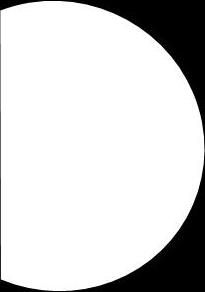
Year One Curriculum NewsletterSpring 2025
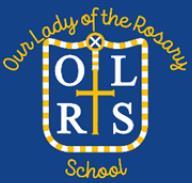


Year One Curriculum NewsletterSpring 2025

For behold, the winter is past; the rain is over and gone. The flowers appear on the earth, the time of singing has come, and the voice of the turtledove is heard in our land.
Song of Solomon 2:11-12



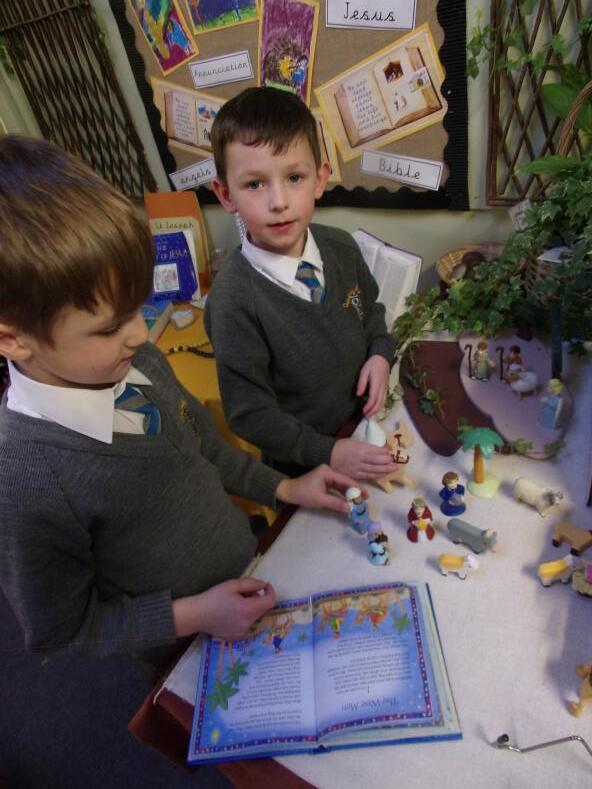
Our first unit of study is called, “Galilee to Jerusalem. Over the half term, we will be learning about the story of the Epiphany, Jesus’ Presentation in the Temple, Candlemas, Jesus’ Mission and the Call of the Disciples and the story of Zacchaeus.
Our second topic, “Desert to Garden” will begin with the story of Jesus’ temptation in the desert and then we will build up an understanding of Lent as being a time for prayer, fasting and almsgiving. We will recognise the significance of Ash Wednesday and deepen our knowledge and sequencing of the events of Jesus’ final week.

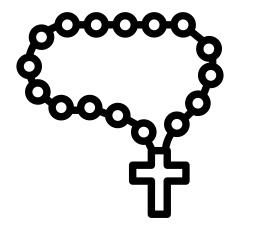

In our RHSE lessons this term, we will start by thinking about special people in our lives and how it is important to talk to our friends and families if we are feeling worried about anything.

Our second module focuses on how we should treat others and, in particular, investigates how our behaviour can affect others. We then move on to explore the importance of saying sorry and discuss our own experiences of giving and receiving forgiveness.
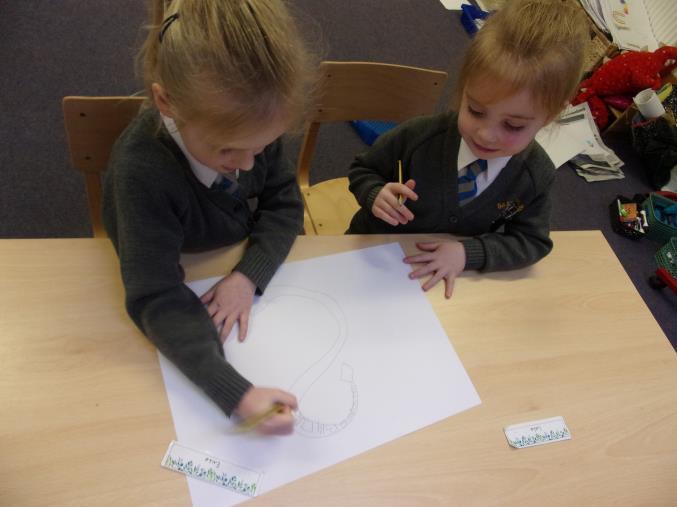



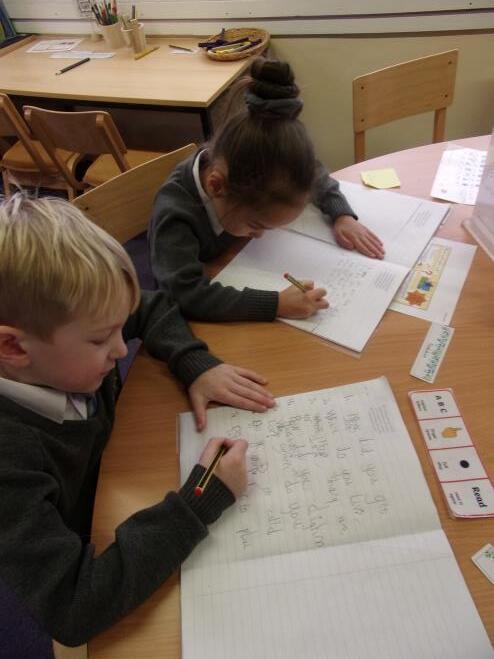

This term, We will be reinforcing how to punctuate our sentences correctly as well as beginning to use more interesting adjectives and verbs. The children will explore how to write letters, simple reports, a narrative (story) and experience persuasive writing. Throughout the term, we will be using different strategies to begin to improve writing stamina. We are now fully into phase 5 of our Little Wandle phonics teaching programme. The children will continue to learn more graphemes, as well as discovering how different graphemes can have the same phoneme (Grow the Code). The phonics sessions complement the decodable home reading books, enabling all children to read the vocabulary within them. We read the same text three times in a week to develop fluency and expression and to ensure the children have a strong understanding of the text.
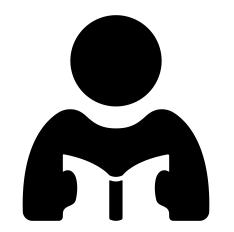


We start this term by exploring place value for numbers to 20 and then improving our addition and subtraction skills. The children will be challenged with reasoning and problem solving tasks, as well as practising numerical skills through fluency activities. Later on, we will apply our place value knowledge to numbers up to 50 and then complete our studies with two measurement units; length & height and mass & volume.

Each week, the children will be recalling number facts and improving their mental maths skills in our Mastering in Maths sessions. We will be counting in 2s, 5s and 10s, recalling number bonds and saying numbers that are 1 or 10 more or less than a given number.
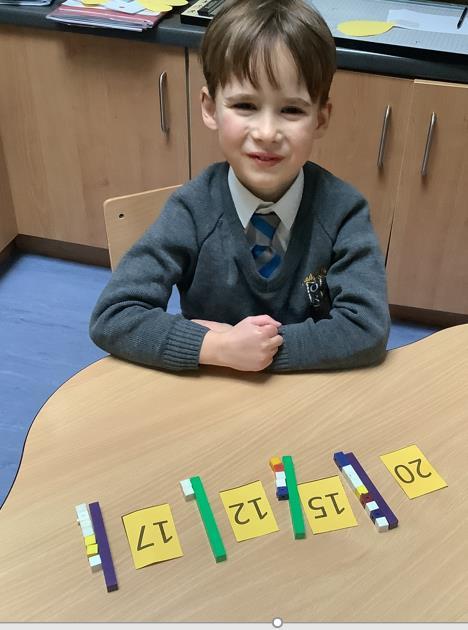

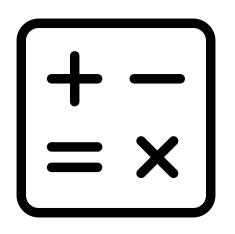


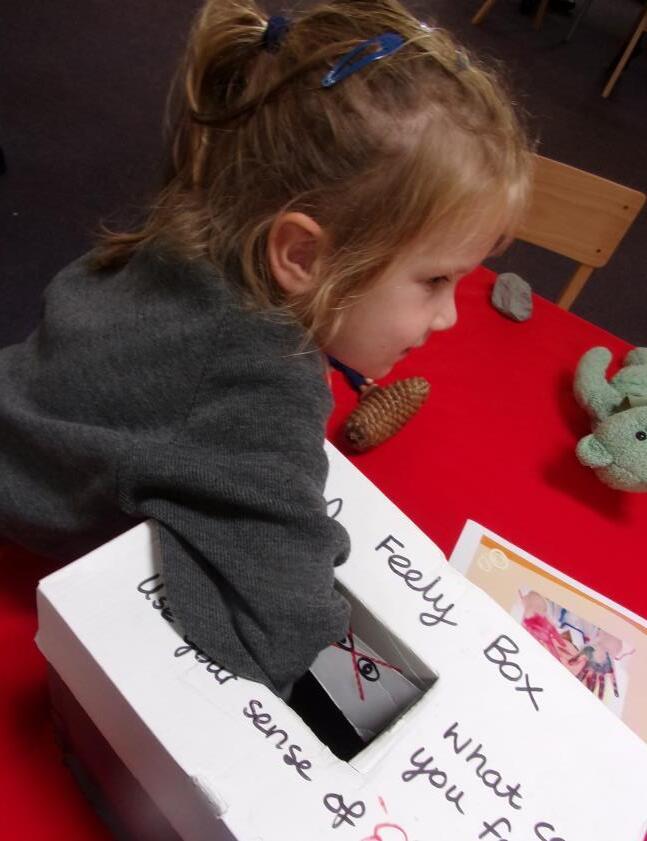
Our topic this term is "Everyday Materials". We will be observing and describing different materials and investigating their physical properties. Initially, the children will be identifying different materials and distinguishing between what the object is and what material it is made from. Later on, the children will be asked to identify similarities and differences and then decide how to group objects using both given criteria and those that the children will determine themselves. There will be opportunities to perform simple tests, such as deciding which material would be best to enable a gingerbread man to stay dry when floating on water. The children will share their hypotheses and findings with each other.




This term, we will be learning about monarchy and the lives and legacies of Queen Elizabeth 1 and Queen Victoria. We will make comparisons to identify similarities and differences between their lives and learn about significant individuals and advancements in each era. We will delve deeper into the Victorian era, learning more about homes, inventions and school life. A representative from Chertsey Museum is visiting us at school to lead a workshop on Victorian homes and later in the term, the children will experience a Victorian school day here at Our Lady of the Rosary. The topic will conclude with a study of Windsor Castle, where we will discover more about its' history, as well as why and how castles were built.
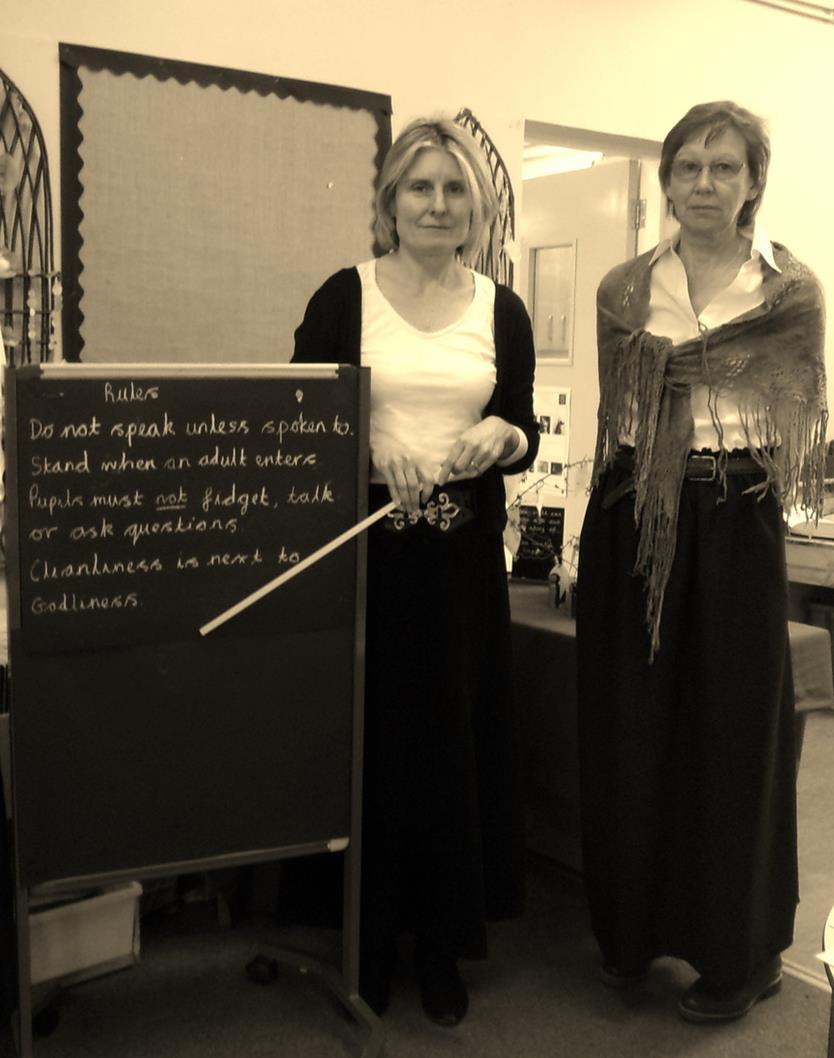

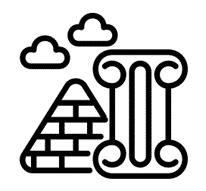

In DT this term, we continue to develop our technical, design, making and evaluation skills in our unit of work, "Mechanisms and Structures". The children will apply their knowledge of free standing frame structures to design and make a freestanding supporting structure. Towards the end of the term, we will explore how wheels and axles work. In all our DT lessons, we will be selecting tools, media and equipment best suited for the task and evaluating its success, and consequently identifying where improvements could be made.

ln art, our theme is drawing. We will be developing drawing techniques by exploring mark making movements. We will be studying drawings and paintings from our focused artist, Van Gogh, and applying them to our own work.
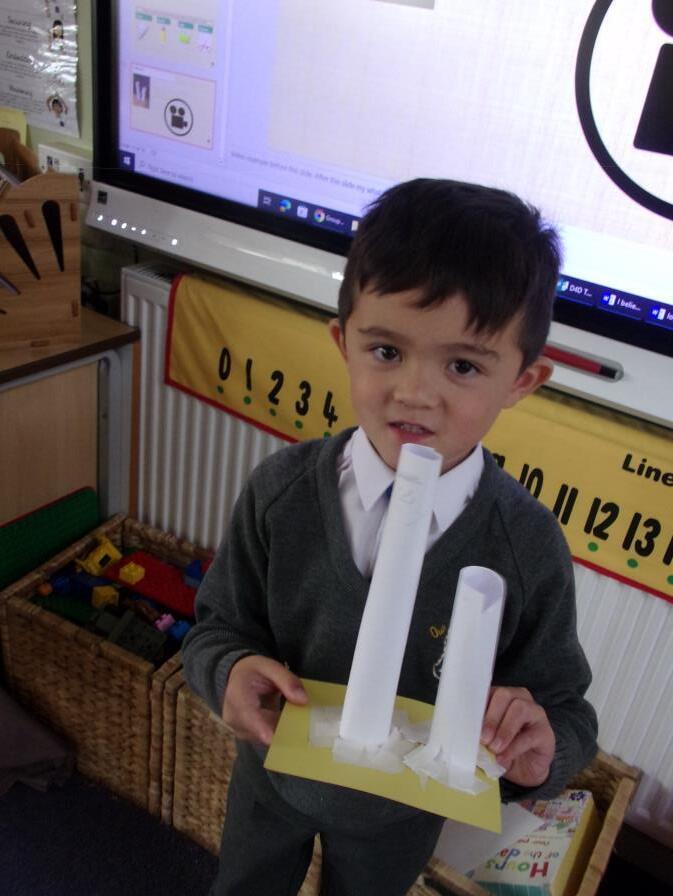

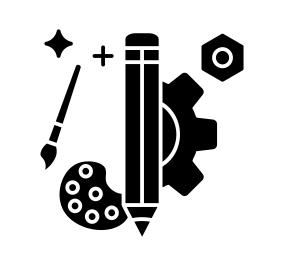


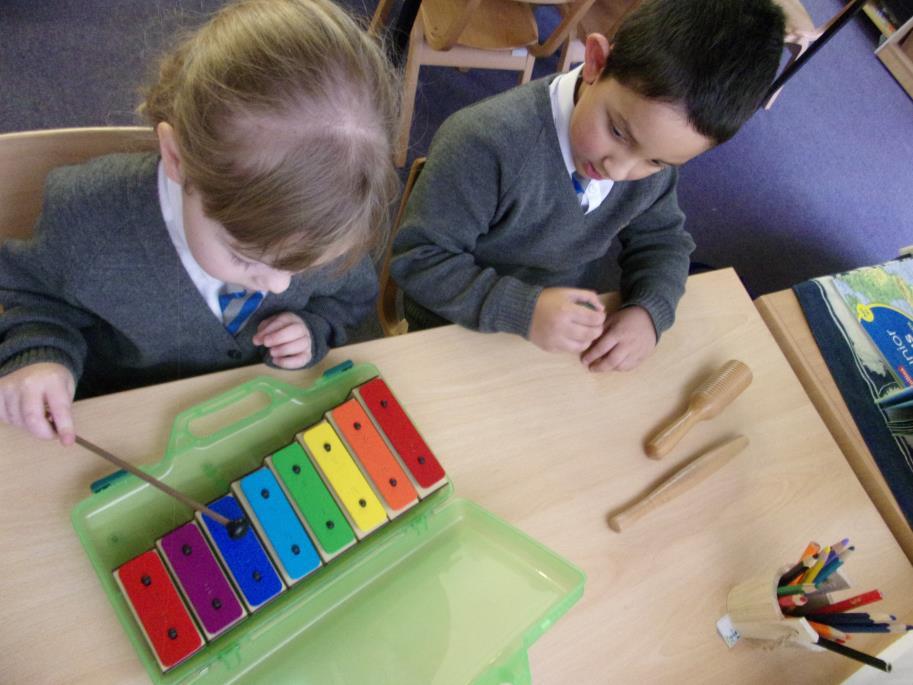
Each music session will give the children opportunities to listen and appraise different styles of music, engage in singing or instrumentsplaying and finish with an opportunity to perform their piece. We will be identifying and responding to pulse, rhythm and pitch in different styles of music.
ln addition, the children will enjoy weekly hymn practice sessions led by a music specialist teacher.

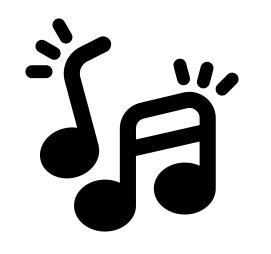

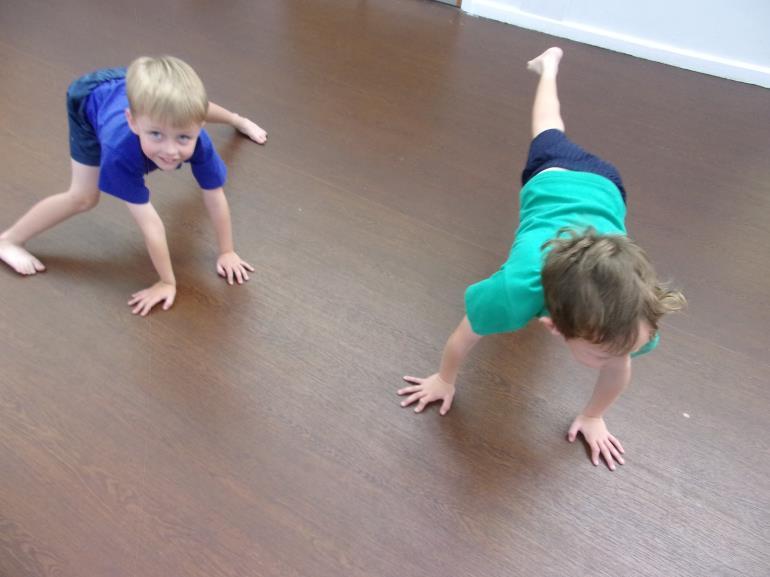
Each week, the children will have two PE sessions. ln their first half term of outdoor PE lessons, led by Coach Haris, the children will learn basic hockey skills including how to handle the stick correctly, dribble a ball and pass it with some aim and accuracy.
During the second half term, the children will be learning early football skills and engage in elements of cross country running.
Our indoor lessons will focus on gymnastic skills. The children will develop their balancing, jumping and travelling skills and then apply them to floor and bench work.

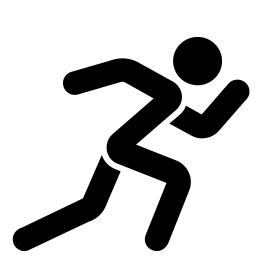

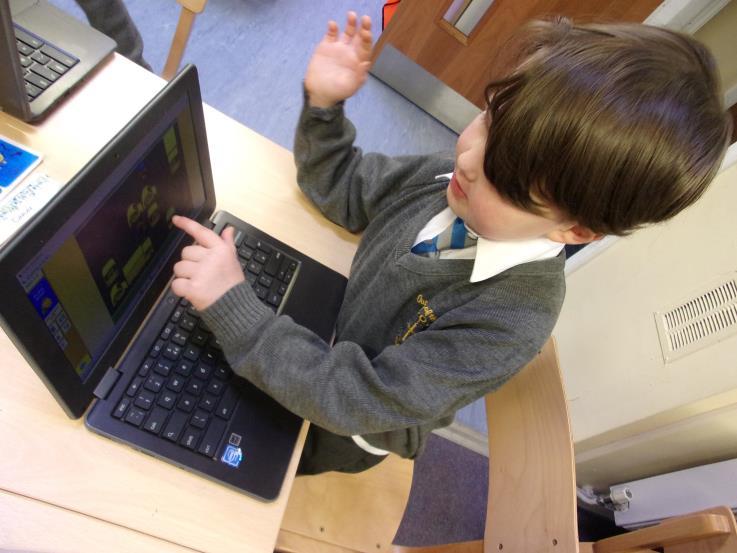

Our computing lessons this term will focus on developing programming, coding and exploring creative digital technology.
Initially, the children will explore the early stages of coding using specifically designed programs. Then, we will look at how we can use digital technology to make music using an online platform and then how to take and use digital photography.
All of our computing lessons are underpinned by age appropriate e-safety teaching to promote the importance of keeping our personal information private when we are online.

